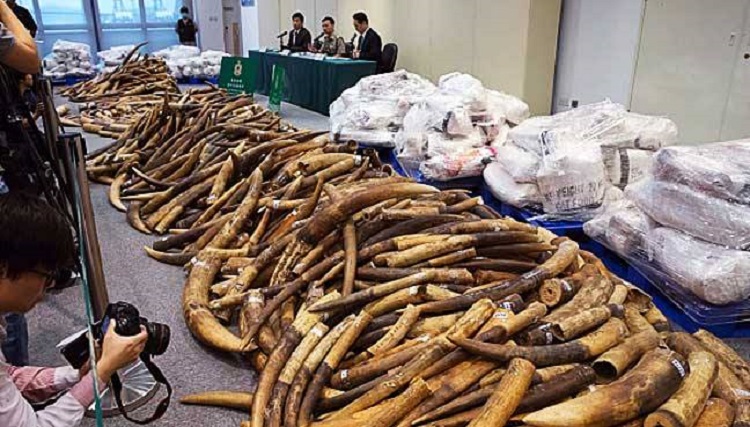In the past few years, smuggling of endangered wildlife species has been a thing in Hong Kong. Fortunately, more cases of such are expected to be prosecuted, though it will be done through a peculiar method.
According to the South China Morning Post, the city's customs authorities are looking to prosecute these criminals through organized crime laws. This decision came as the volume of endangered wildlife products seized at border checkpoints and cargo terminals continue to rise. In fact, in the past eight months, the number has already surpassed the whole of last year.
Customs officials were able to obtain at least 174 tonnes of endangered species. They were reportedly worth around HK$58 million in 522 cases from January to last month. This eventually led to the arrest of 374 individuals. As of July, there are already 101 prosecutions recorded.
As for this year's numbers, it is already 78 percent higher regarding cases. As for arrests and tonnage seized, the figures are doubled and tripled, respectively - all of these over the same period last year.
Moreover, the figures significantly eclipsed the overall tally for the whole of 2017, with the exception of monetary value - a massive seven-tonne seizure of raw ivory last July brought last year's value to HK$142 million, Yahoo! News reports.
"The largest cases usually involved tree logs - 149 tonnes worth HK$27 million in the first eight months of this year," said Chan Tsz-tat, head of the Customs and Excise Department's ports and maritime command.
Later on, he added, pangolin scales came. "In the first eight months, we seized a total of 16 tonnes [of the scales], with an estimated value of HK$13 million," he stated.
While many of the people arrested were mere "mules" or tourists, there was real evidence to suggest some were part of smuggling syndicates.
"Other than frontline enforcement work we also hope to conduct more in-depth investigations to trace smuggling syndicates and also employ financial investigations to crack down on these [groups]," Chan said.
It is worth noting that most wildlife smuggling offenses are now prosecuted under the Protection of Endangered Species of Animals and Plants Ordinance. Under its umbrella, there's a fine of HK$10 million and 10 years' imprisonment.
Experts and conservationists have been vocal about putting all wildlife-related under the Organised and Serious Crimes Ordinance, which is also known as the OSCO. This would reportedly help authorities pinpoint the "kingpins" rather than just going after "mules," a suggestion that Chan agreed with.
"The importance of the OSCO is that when we successfully prosecute we can request a court to raise the penalty. It will also give us more powers to conduct financial investigations," he said. "If we see in our investigations that an offense satisfies the criteria for the OSCO, we will use it."






